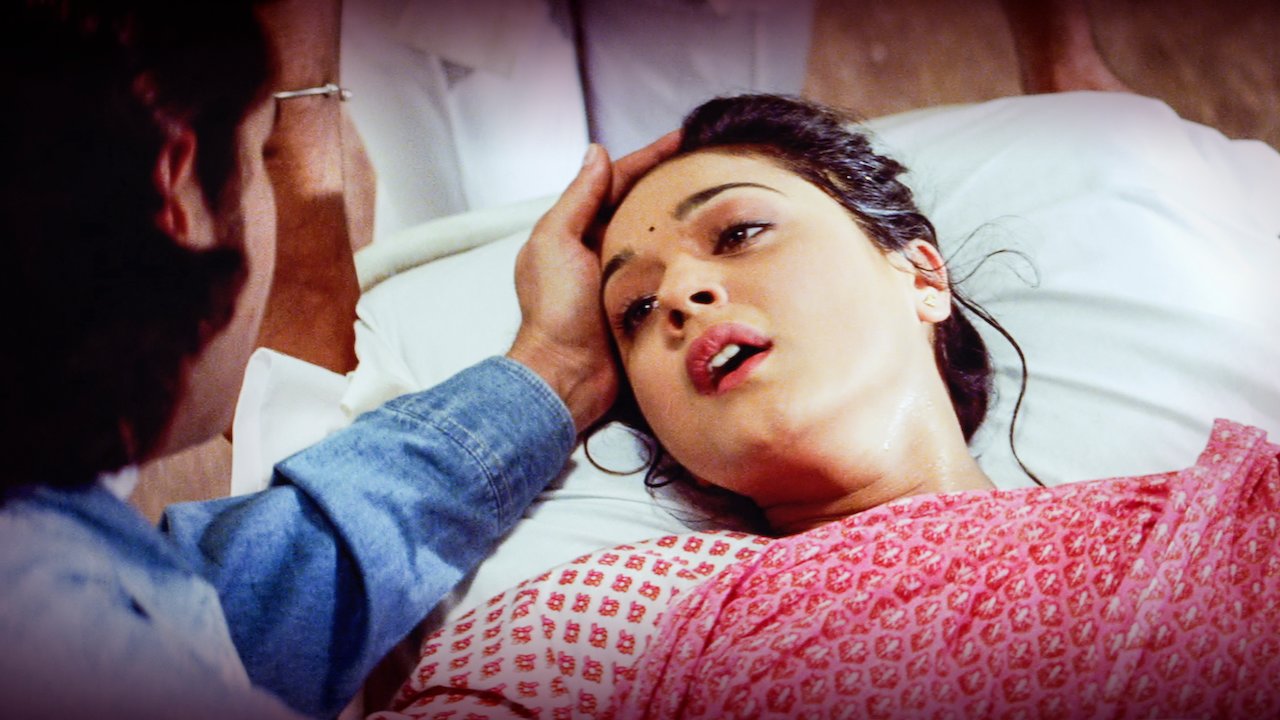This article analyses how the pregnancy trope in Act 1978 – a Kannada film – is used to bring in the contrast between the protagonist and the other members who are part of the corrupt society. Pregnancy and motherhood are interesting themes in art and culture. While exploring these themes, Karen Hearn, an art historian expounds that pregnant women were largely missing in artwork for a long time. She comments, “Twenty years ago people still felt it is indelicate to talk about pregnancy—even using the word pregnant was problematic’’. However, things have begun to change with the growing popularity of birth influencers on social media platforms. A research paper titled ‘Family photographs and domestic spacing: A case study’ explores how women who use social media recalibrate their efforts in documenting their maternal experiences with the rest of the world. In many ways, pregnancy is vastly surveilled and presented as a consumer identity on social media lecterns.
Cinema, like art, downplayed pregnancy as an active plot device until globalisation took over the world by storm introducing new ways of examining socio-cultural events in societies. Perhaps this has led to viewing pregnant bodies as extraordinary life-events rather than private affairs. Objectifying pregnant bodies by tabloids, magazine covers and social media pages has accentuated the conventional values of the past of having-it-all life. Women who can manage house chores, career and kids is somewhat made desirable by popular media. As feminist media studies Professor Phoebe Bronstein states, “at the root of these evaluations is an impulse to shame women who fail to perform pregnancy in a sufficiently glowing and feminine fashion. At the same time, such conversations frame pregnancy as a kind of style choice: the newest (or oldest) accessory’’.
Act 1978 explores the escalating tensions between a pregnant woman and the bureaucracy in the state. The story begins with a pregnant woman walking into a government office and eventually holding everyone inside the office hostage with a pistol and bomb strapped around her pregnant belly.
Also read: The Fetishisation Of Lesbian Relationships In Cinema And Pop Culture


Much like the American rom-coms, Hindi cinema too embraced the pregnancy trope in films like Julie (1975), Kya Kehna (2000), Salaam Namaste (2005), Tere Sang (2009), Kahaani (20012) as a plot device to construct poignant narratives around pregnant bodies. The female reproductive politics are carefully woven into films as a motif in which the characters mature into different beings, usually towards the end of the film. Hollywood films like Fargo or Hindi film Kahaani that have garnered much appreciation from critics and audience alike efficiently use the pregnant bodies to blend with the culture of the geographies represented in the films. Ralph J. Poole while commenting on the essence of geographies to narratives, points out that “The region is forever caught in the schism between always remaining the same and reluctantly admitting change’’.
Also read: Spectacles Of Queer In Kannada Cinema: The Clichés Around The Trans Community
Act 1978 explores the escalating tensions between a pregnant woman and the bureaucracy in the state. The story begins with a pregnant woman walking into a government office and eventually holding everyone inside the office hostage with a pistol and bomb strapped around her pregnant belly. She then places certain demands before the public and threatens of detonating the bomb failing to meet them. All of this, because the protagonist of Act 1978 is tired of running from pillar to post to receive the money that she is entitled from the government. The reaction of the government employees to her woes is a bit of a realistic rendezvous that an ordinary citizen would perhaps encounter at a government office in real life.
The runtime of Act 1978 is overloaded with satire and the scheming attitude of civil servants in the country. Besides the office setup, the involvement of politicians and media in untangling the puzzle leading to the film’s captivating climax. There are isolated fragments of brilliant melodrama in Act 1978 that intrigue the audience concerning the Karnataka Civil Services Act, 1978. It is almost impossible to review the film without giving away the story nonetheless, the social drama certainly strikes a chord with the viewer in convincing the state of civil affairs in most parts of India. Replete with social messaging, Act 1978 stands on its strong script and the actors provide assured performances complimenting the writing.
Act 1978 is directed by Mansore (Manjunatha Somashekara Reddy) whose films like Harivu and Nathicharami are critically acclaimed and nationally recognised. Act 1978 provides a walloping experience with a star cast like Yagna Shetty who plays the lead along with B Suresh who sides with her as an old man. Pramod Shetty plays the beleaguered police officer who hides his angst under cool stealth. Critically acclaimed actors Sanchari Vijay and Shruthi are among the cast of Act 1978. The defunct system in the country, the prohibited road the protagonist opts, the reaction of media and public to the situation – all makeup for a good social genre reminding the state of a common man in a bureaucratic society.
The pregnancy trope in Act 1978 is used to bring in the contrast between the protagonist and the other members who are part of the corrupt society. The pregnant body marks the premise of the entire plot.
The pregnancy trope in Act 1978 is used to bring in the contrast between the protagonist and the other members who are part of the corrupt society. The pregnant body marks the premise of the entire plot. Sexuality and Culture Studies researcher Steve Jones rightly points out that “Pregnancy provokes the audience to invest in a film’s overarching conflicts, relationships, and atmosphere rather than in the pregnant protagonist-qua-individual’’. Altogether, Act 1978 emotionally engages with the audience. Even though one might find minor setbacks midway, the emotional appeal of the screenplay makes up for all its trivial imprecisions.
About the author(s)
Meghana H. R. is a research scholar at Department of Communication, Bangalore University and Assistant Professor at College of Journalism and Mass Communication at a private university in Bangalore. She identifies herself as a work-in-progress-feminist who is relearning the notions of gender which are intensely woven into the social fabric of Indian culture. Her research interests span through Anthropology, Media Theories, Gender Studies, Semiotics and Popular Culture. She is optimistic and believes that the world can be a better place simply by being kind to fellow earthlings.




